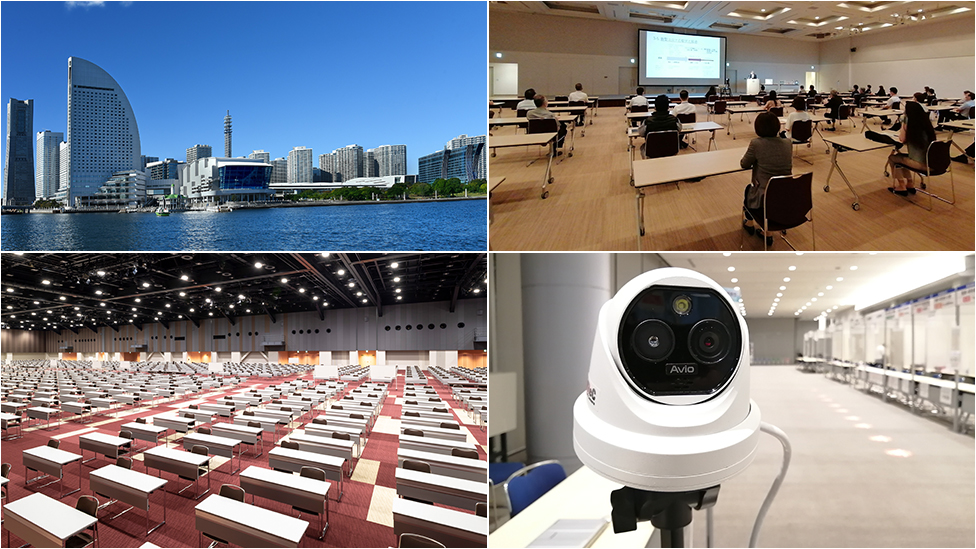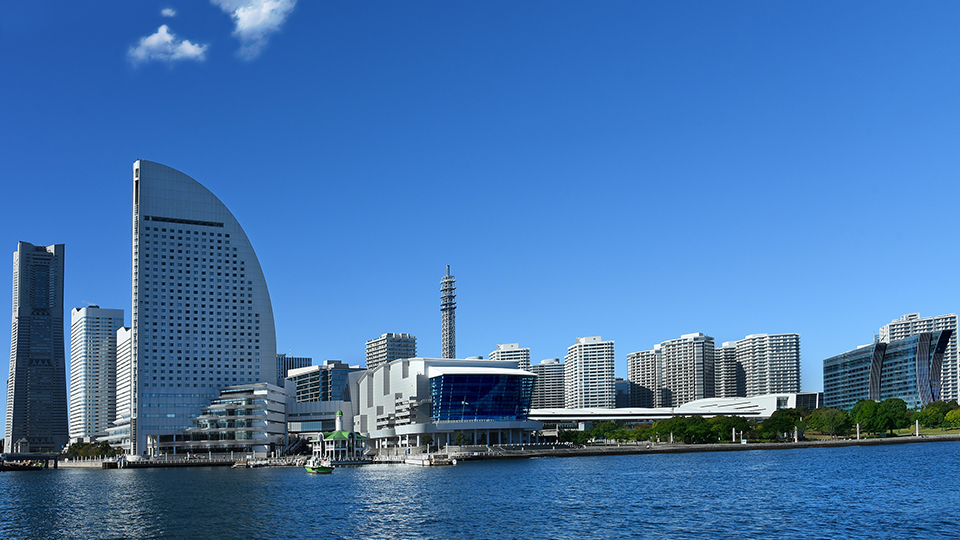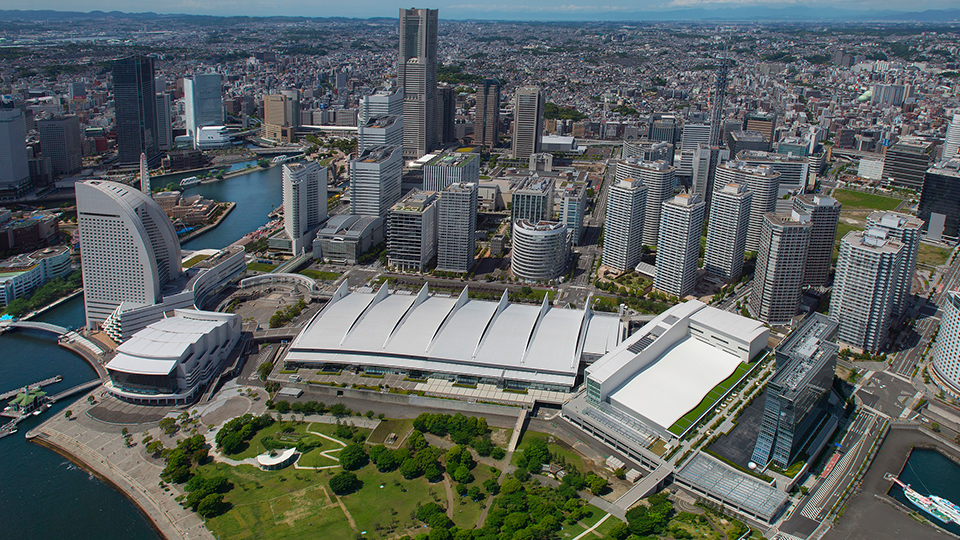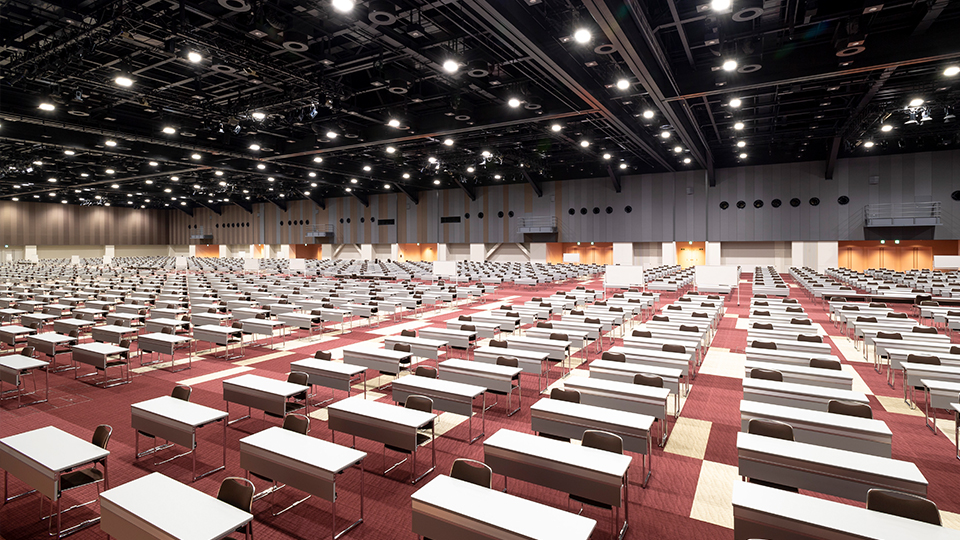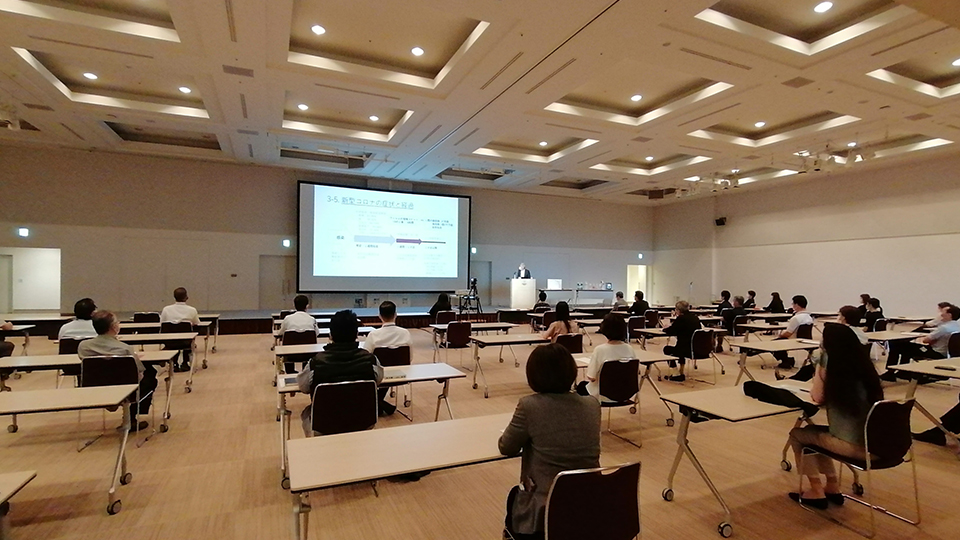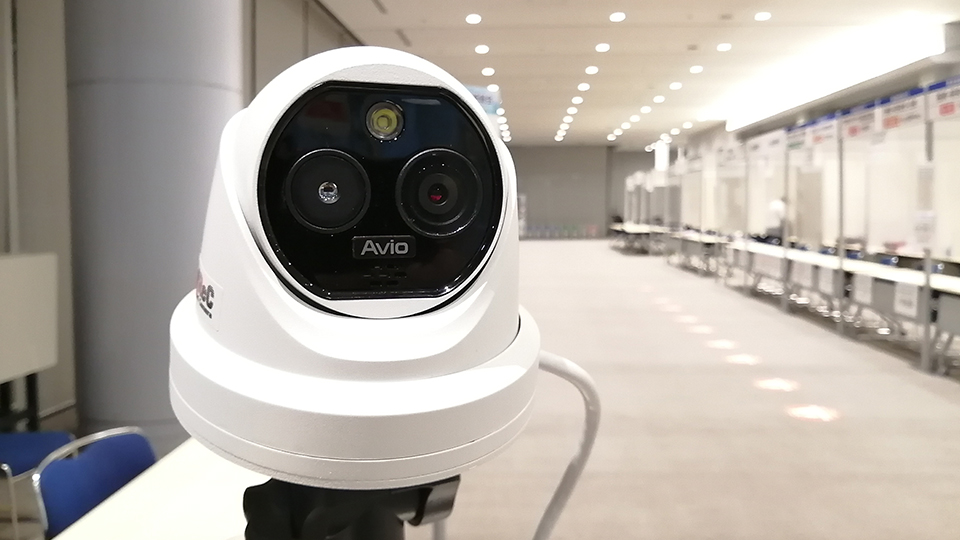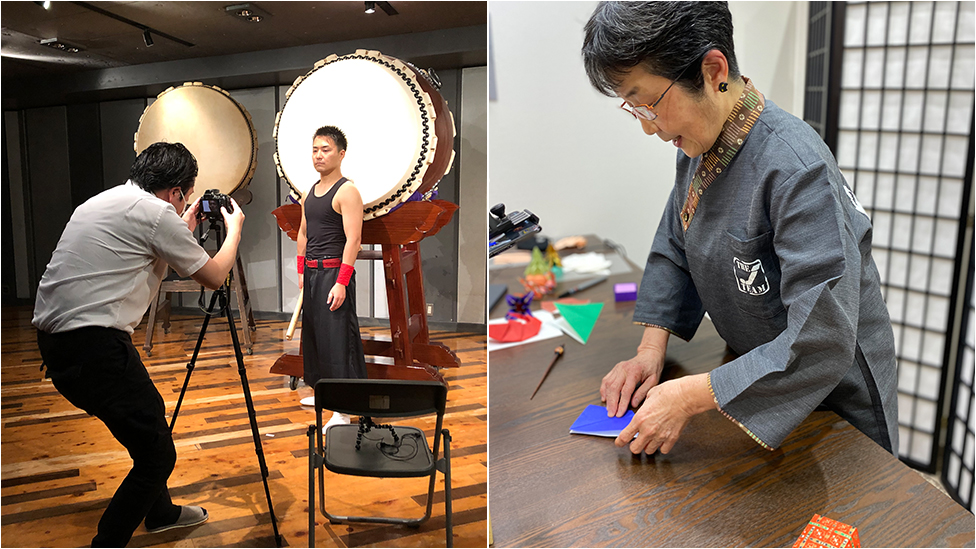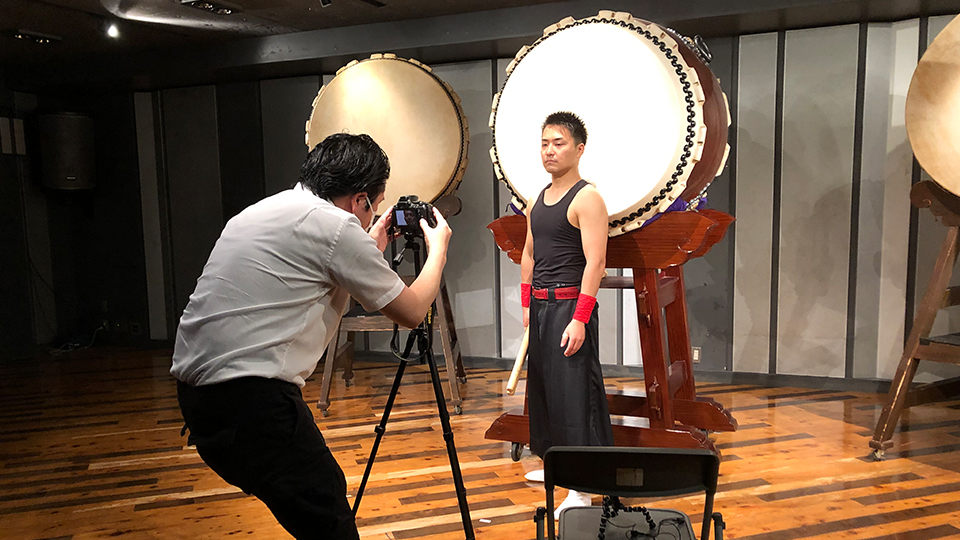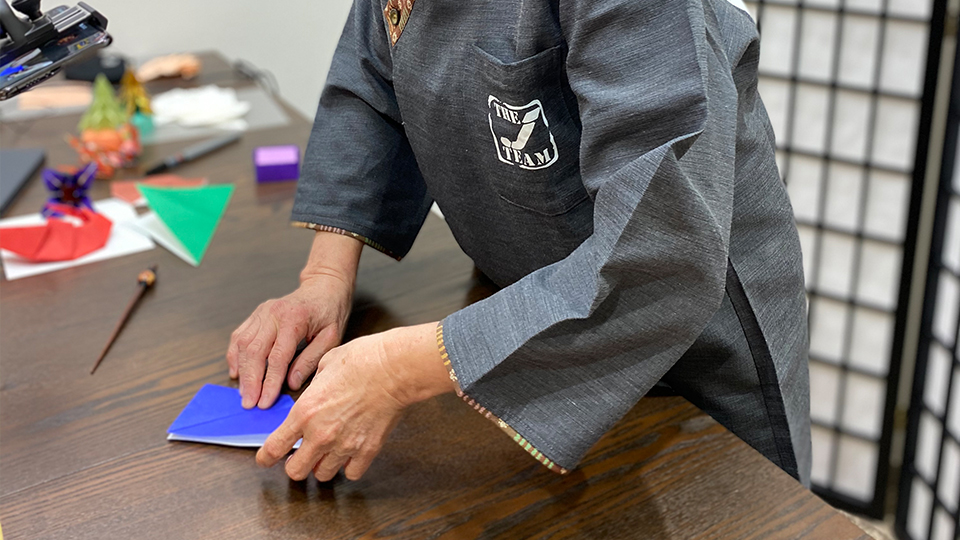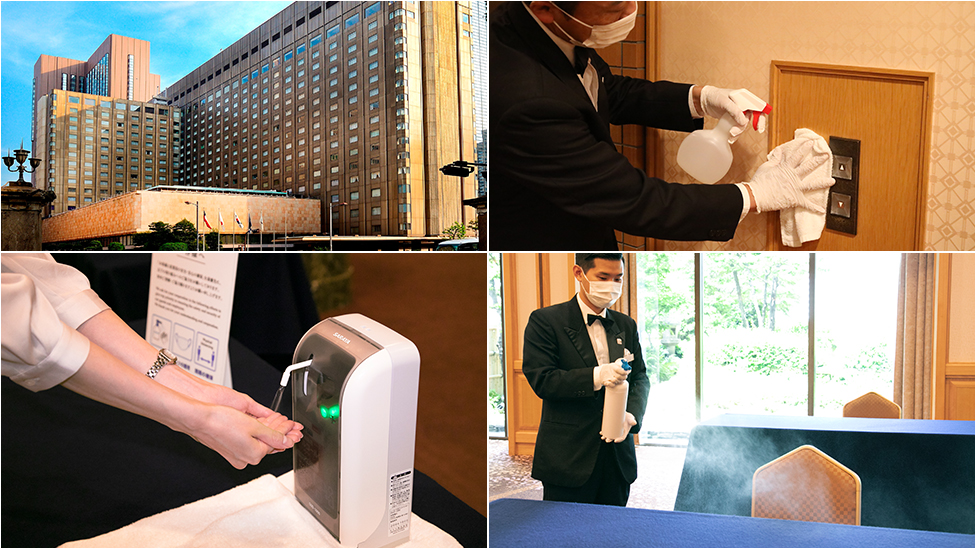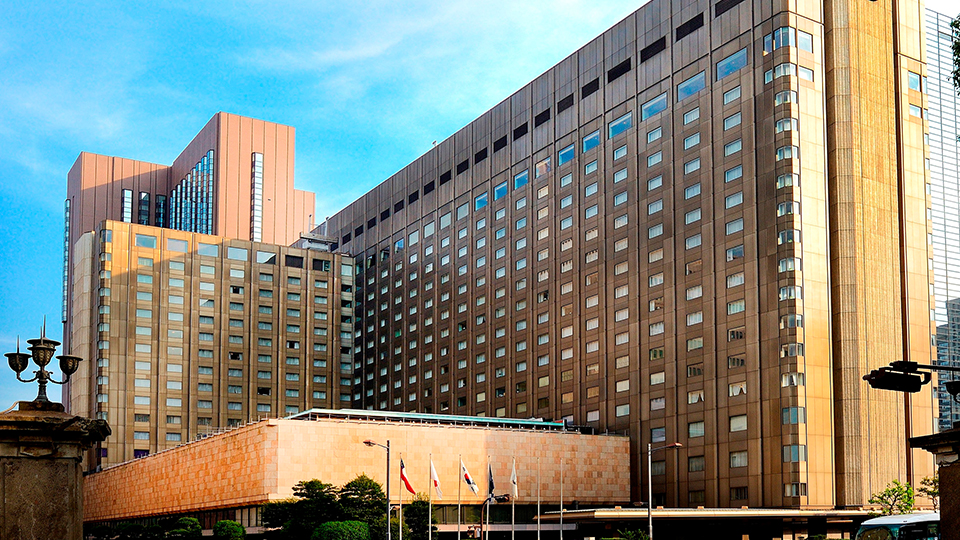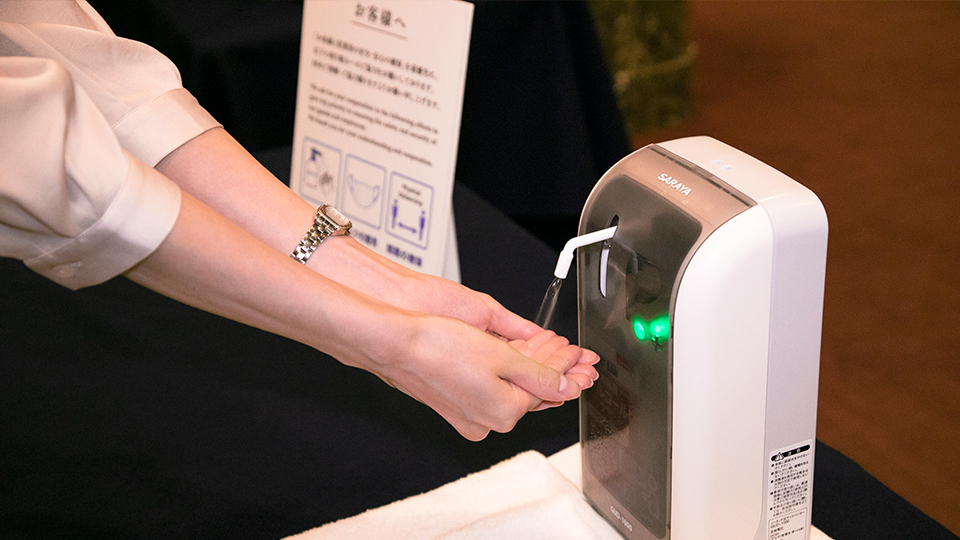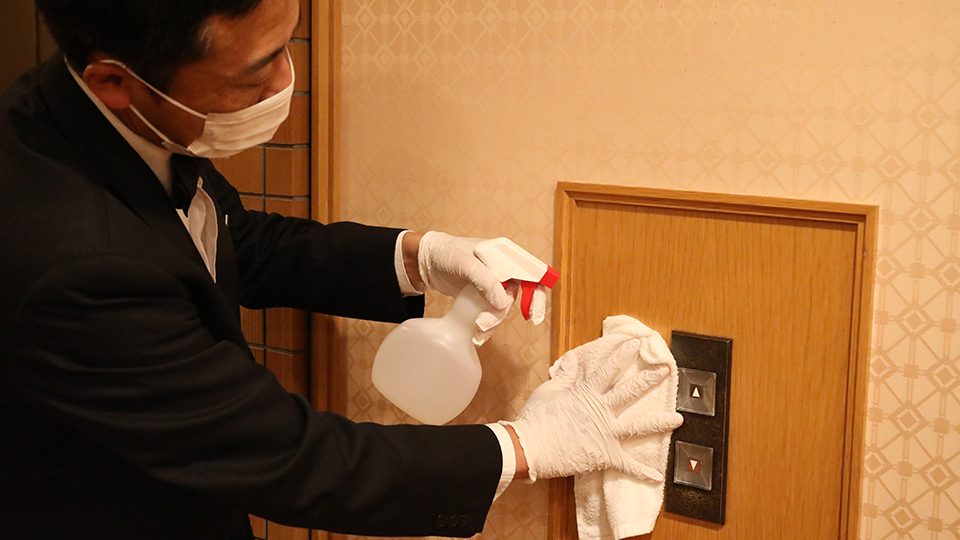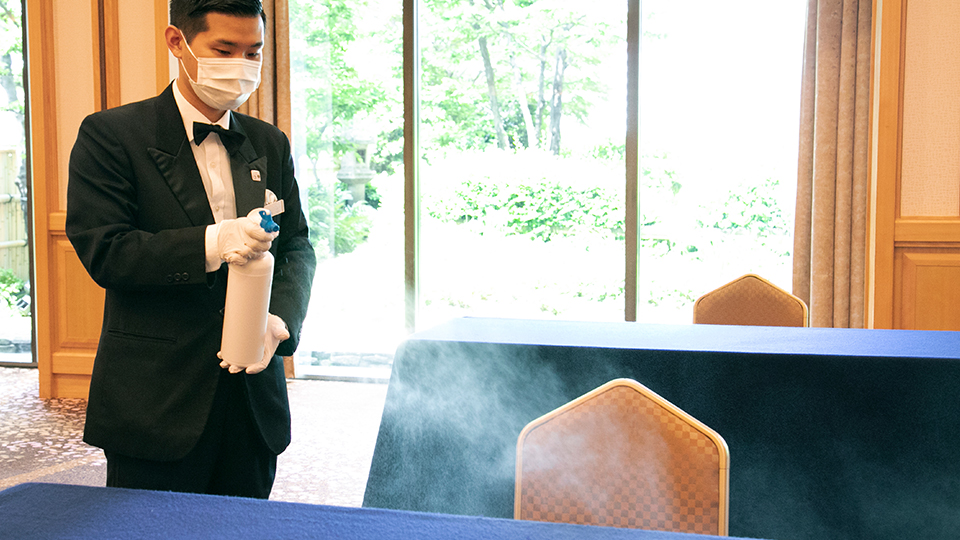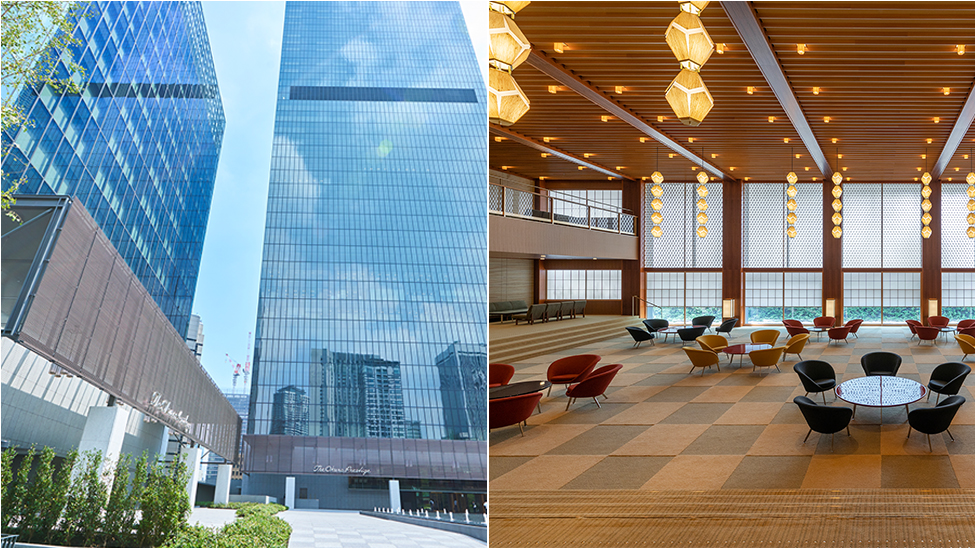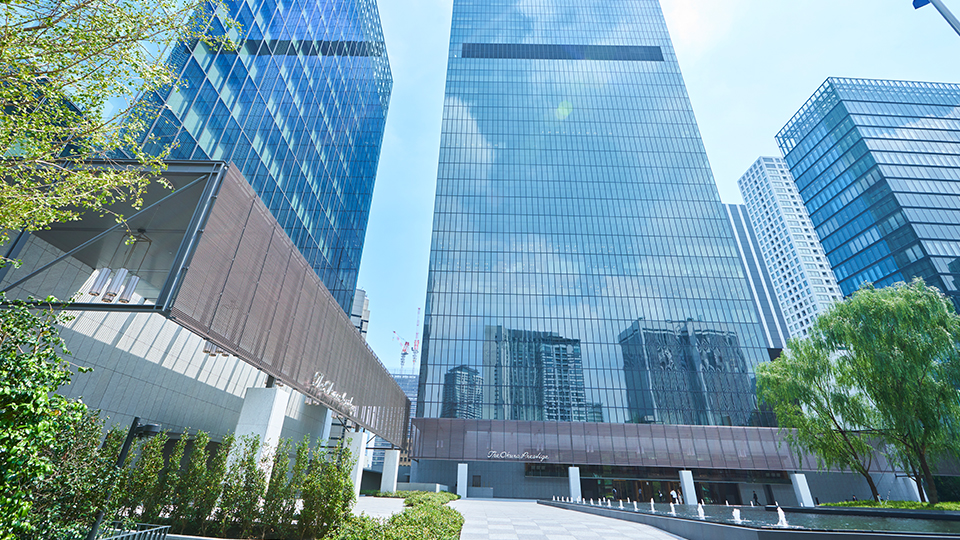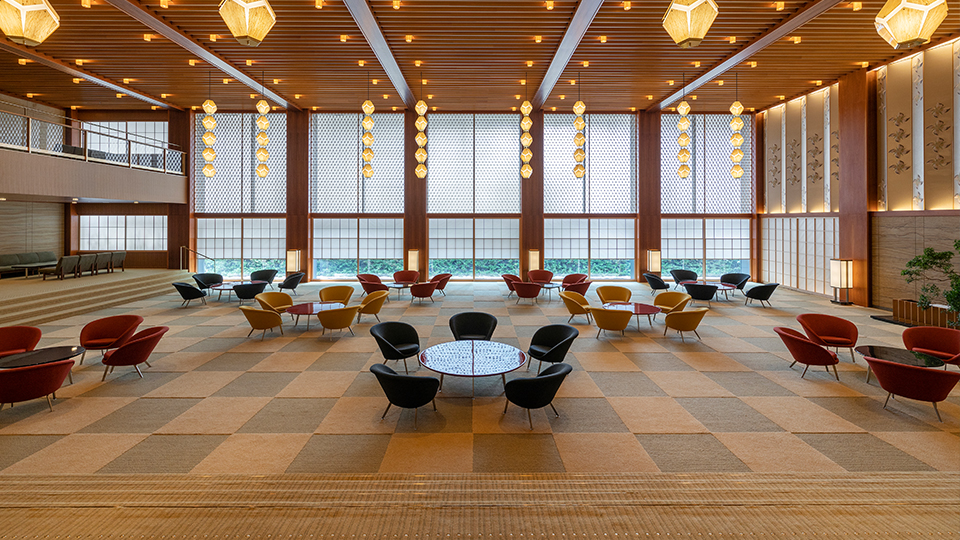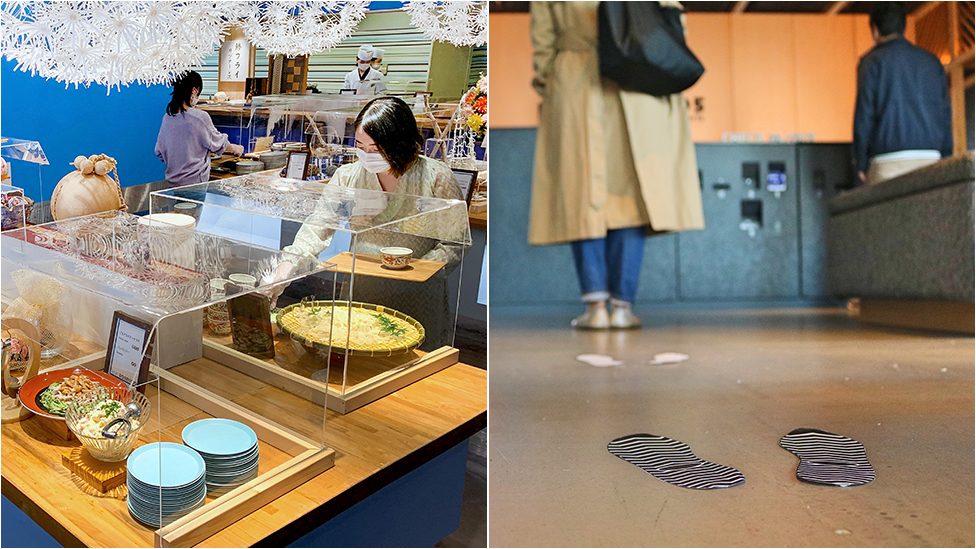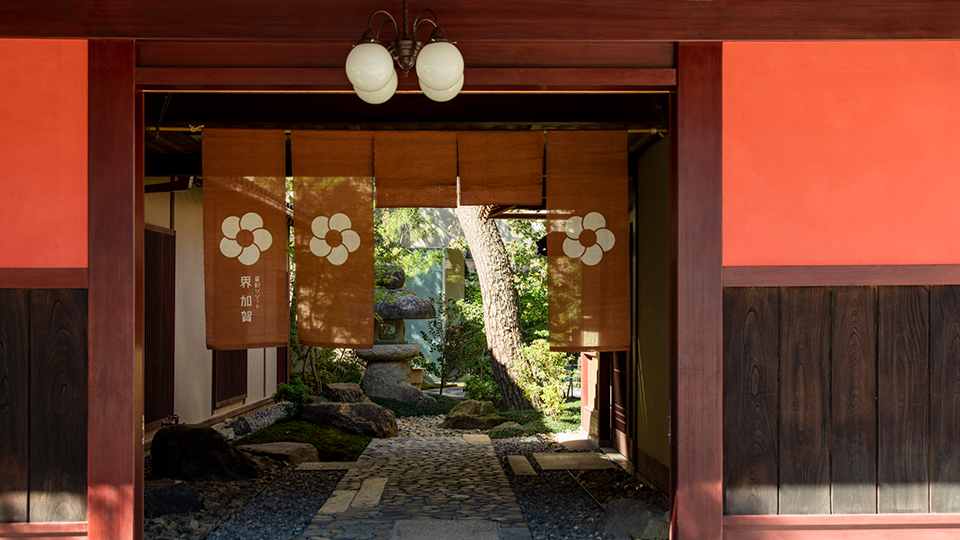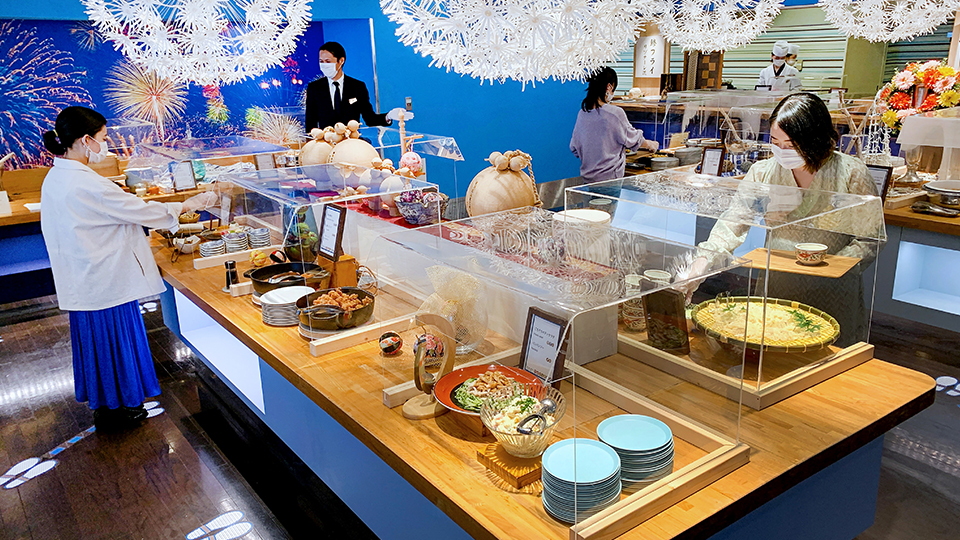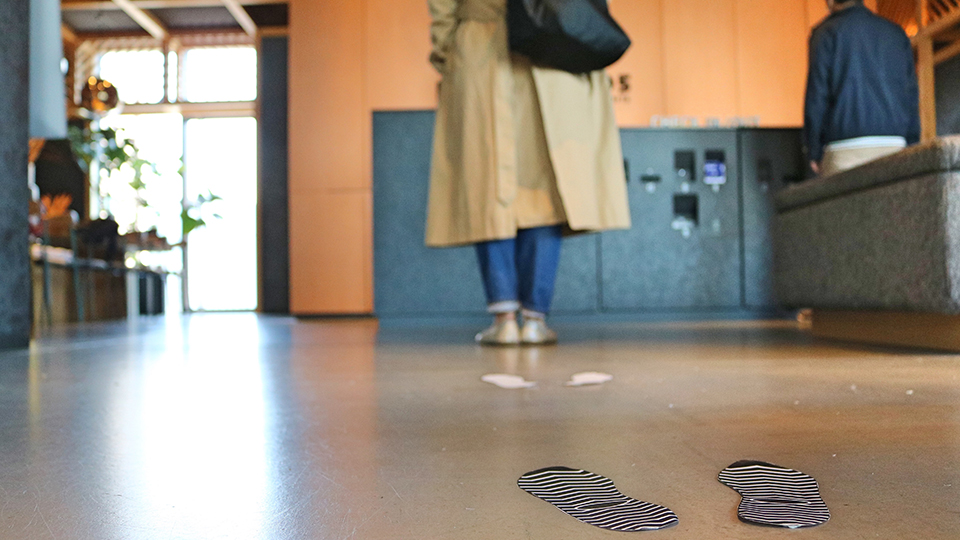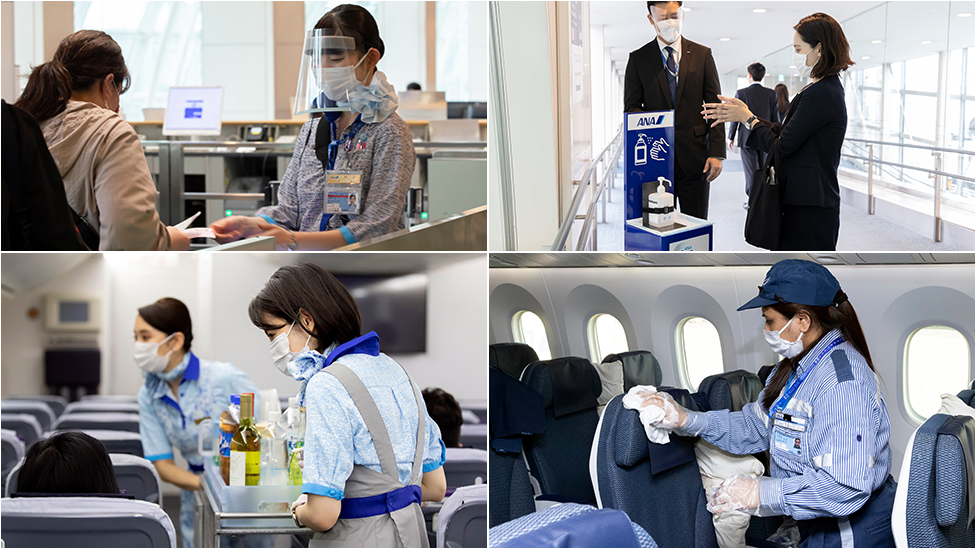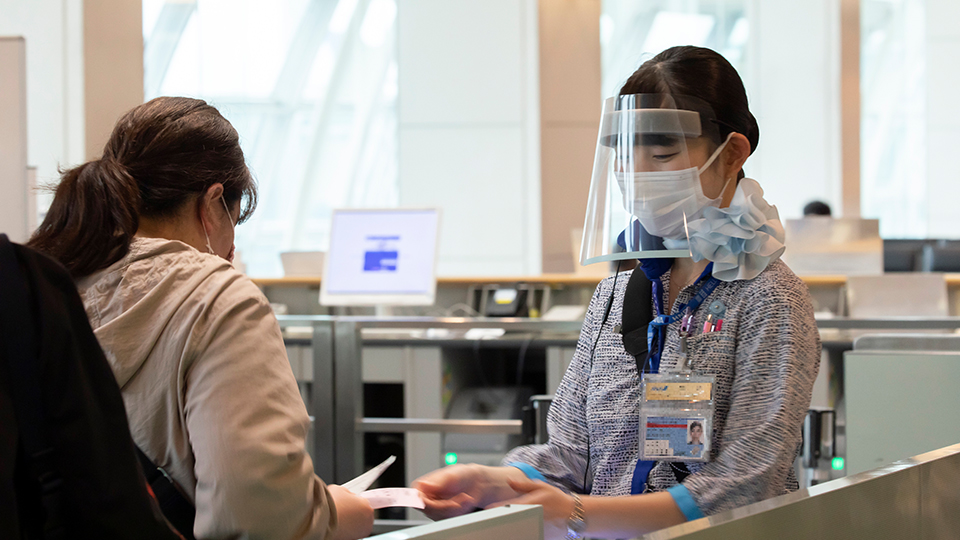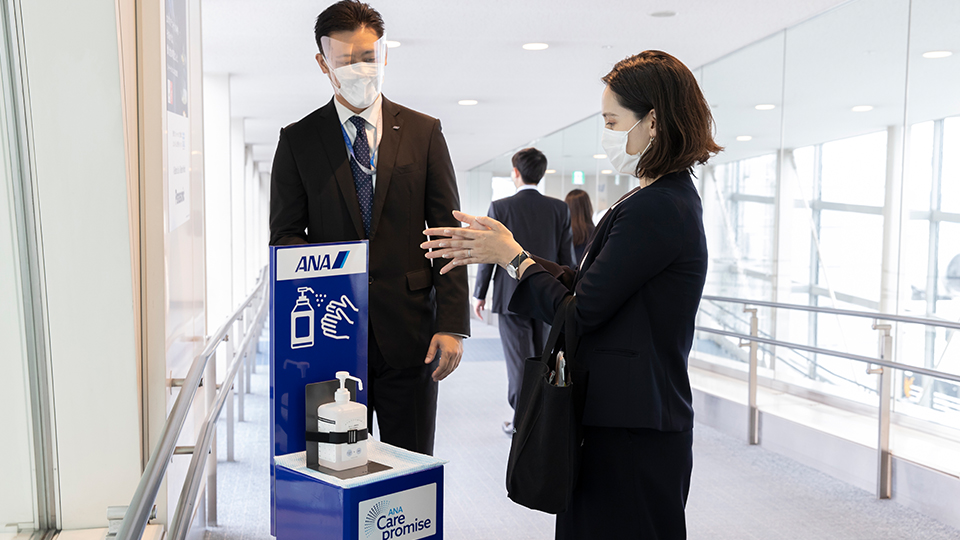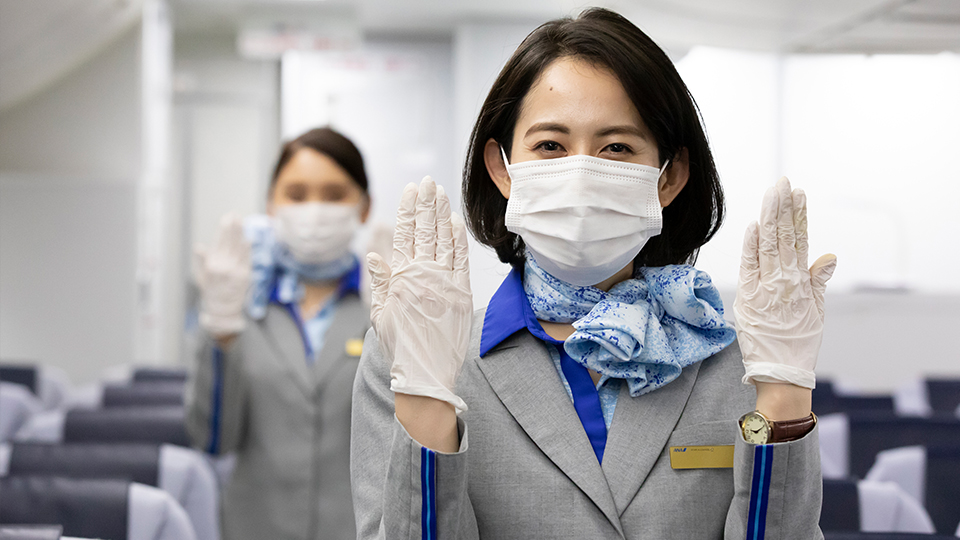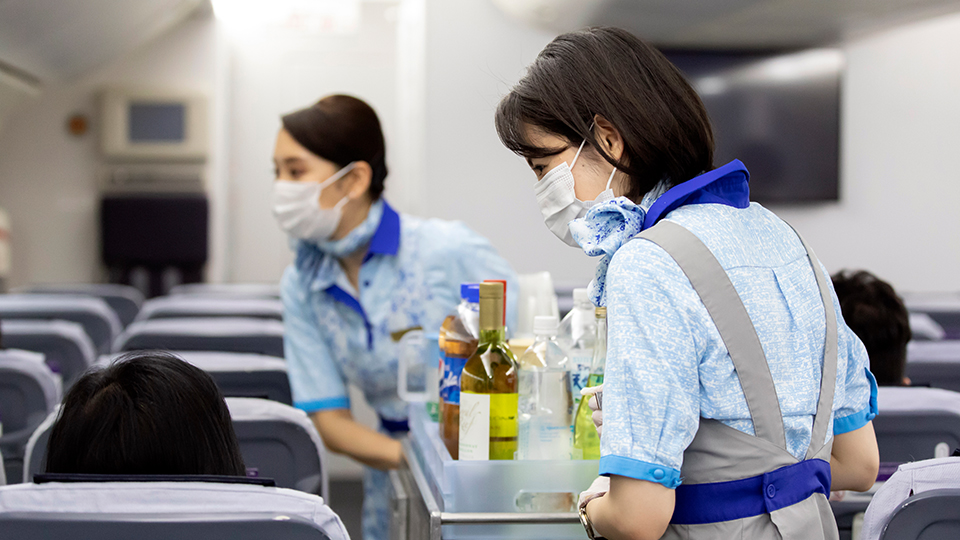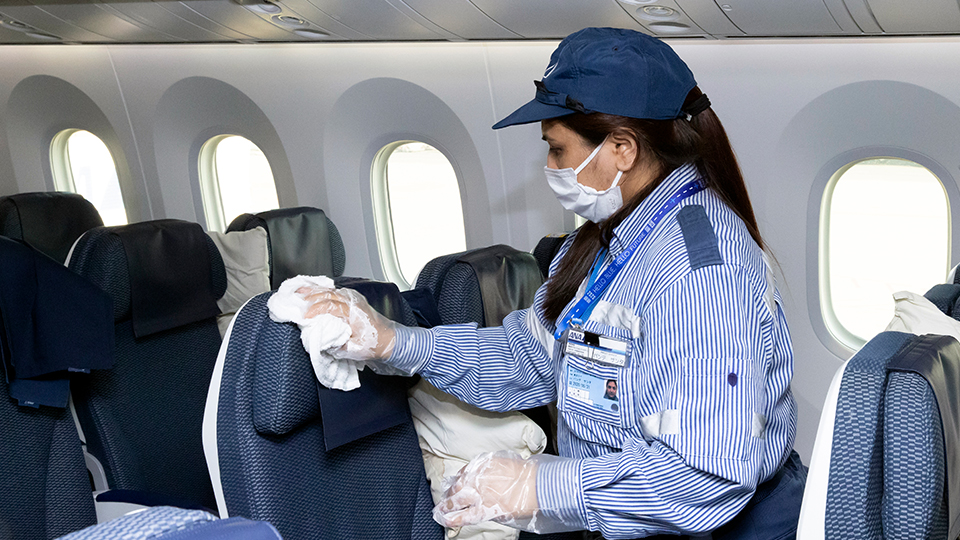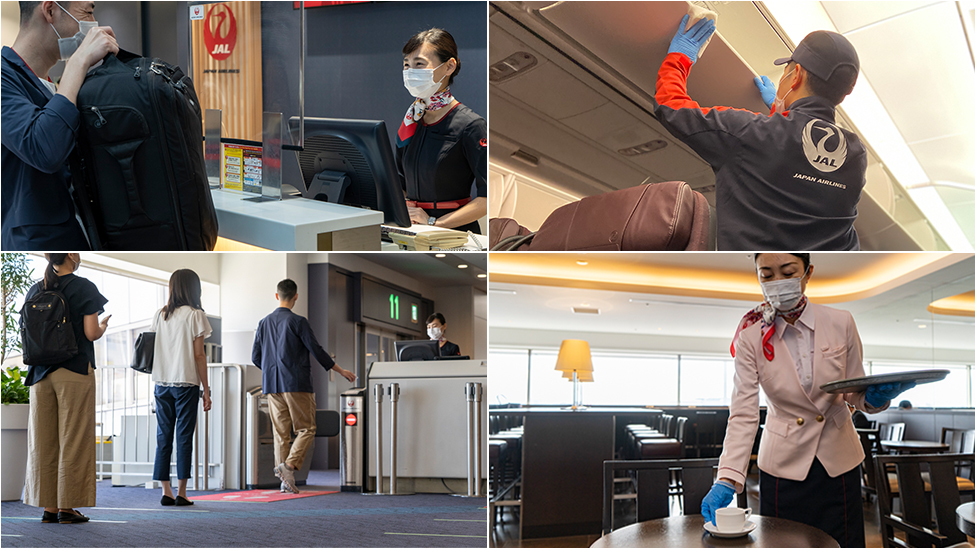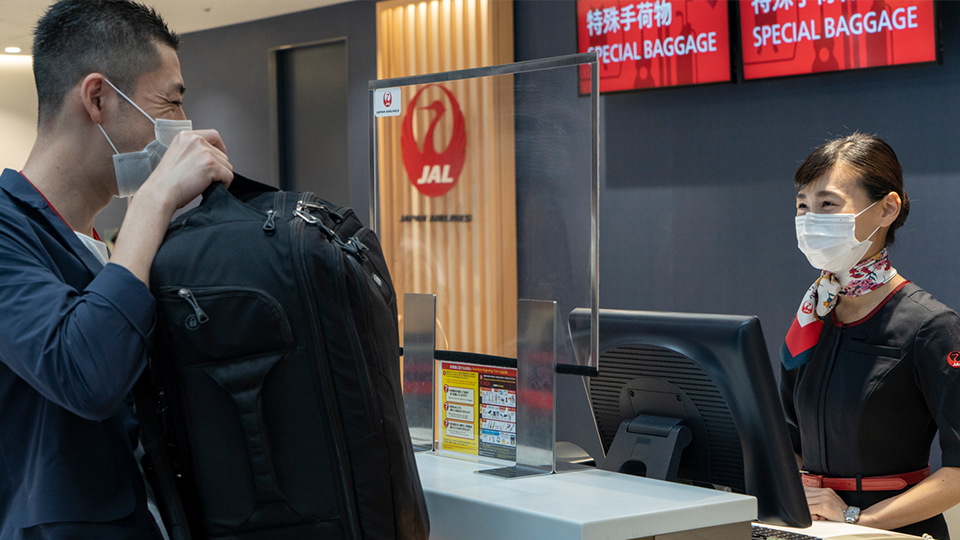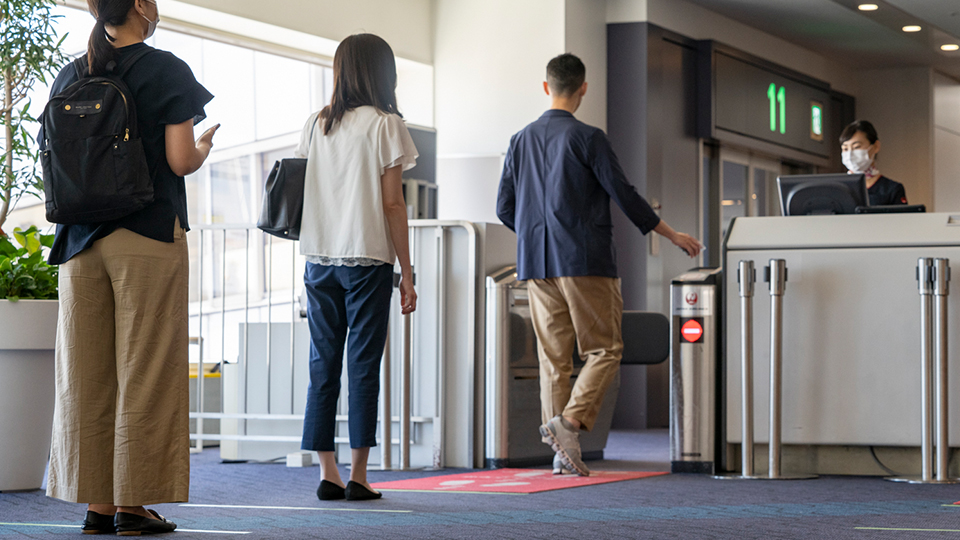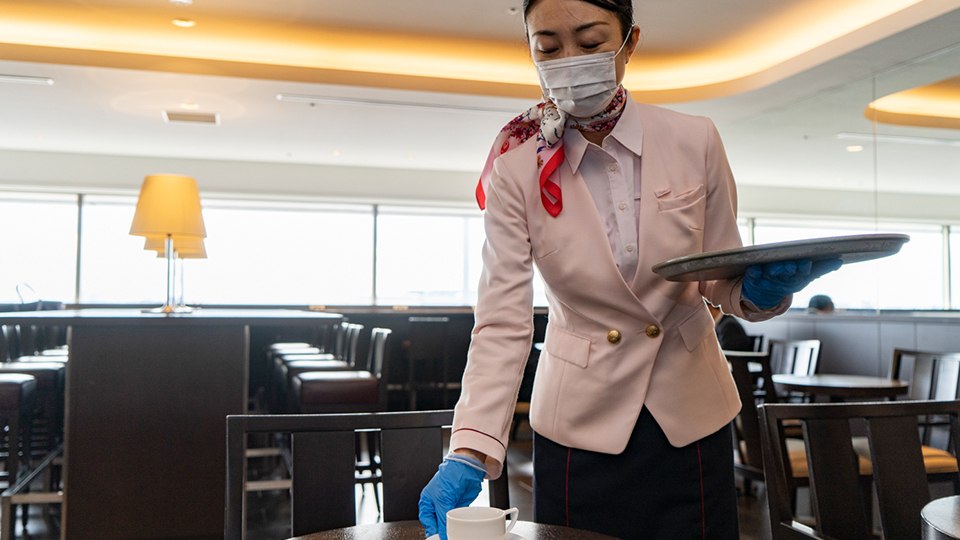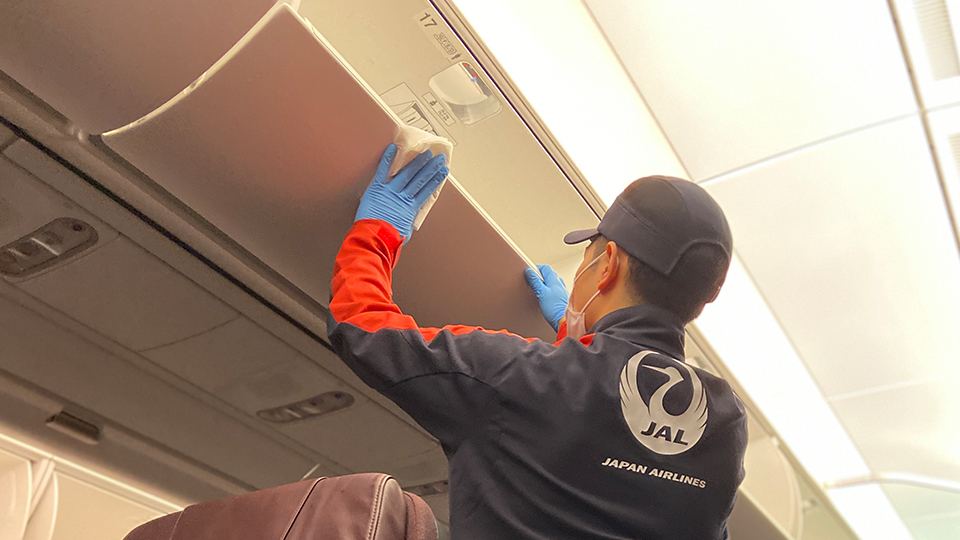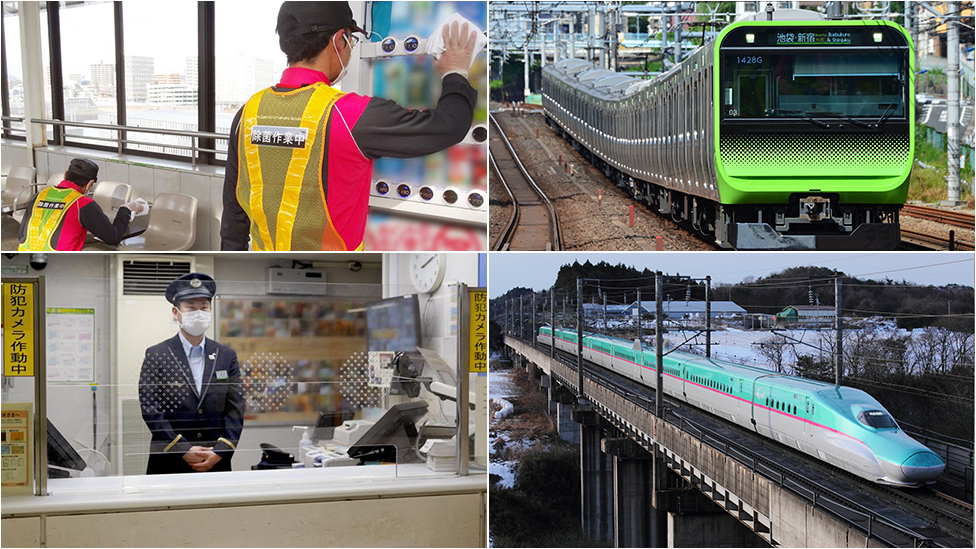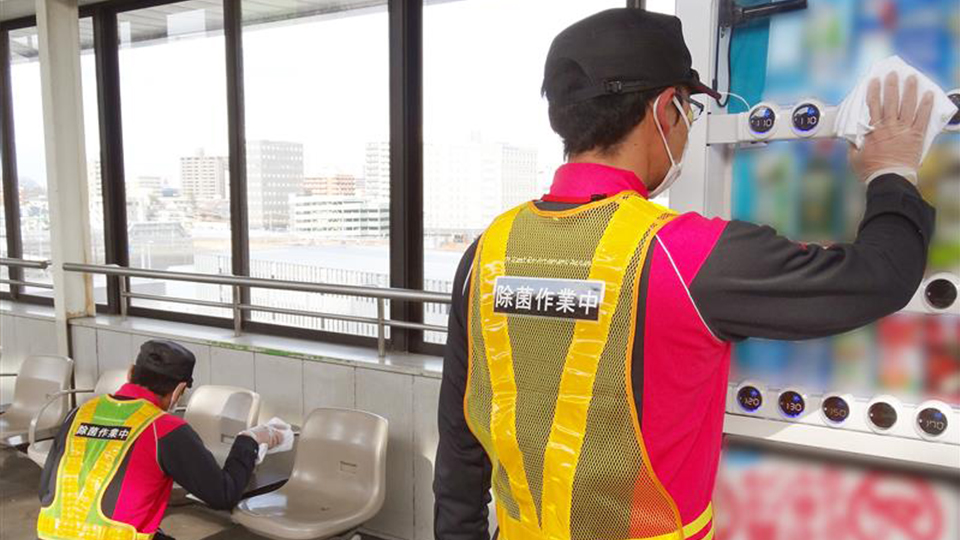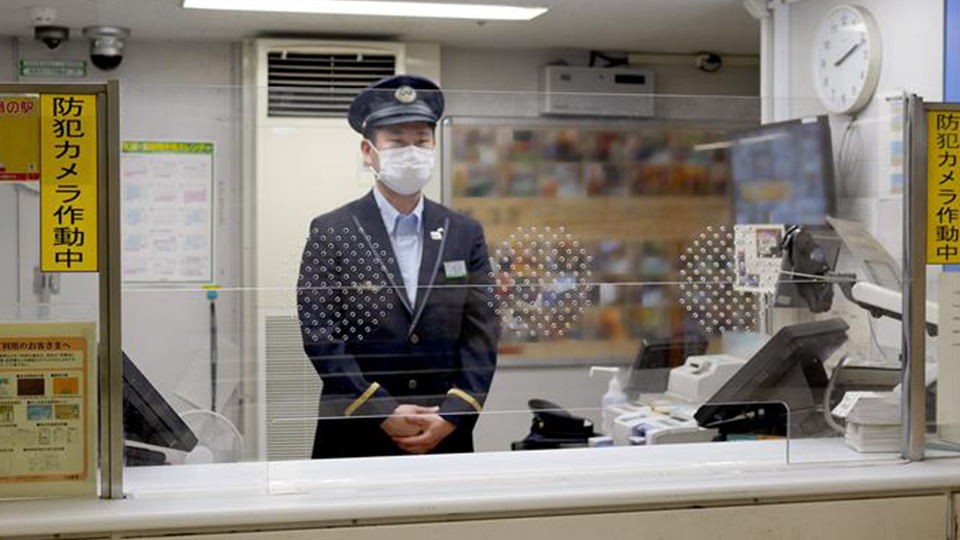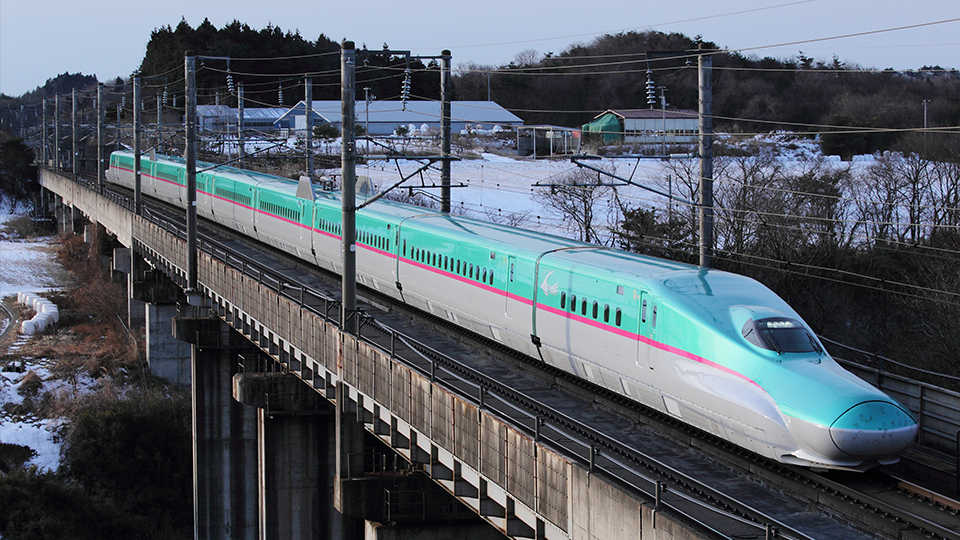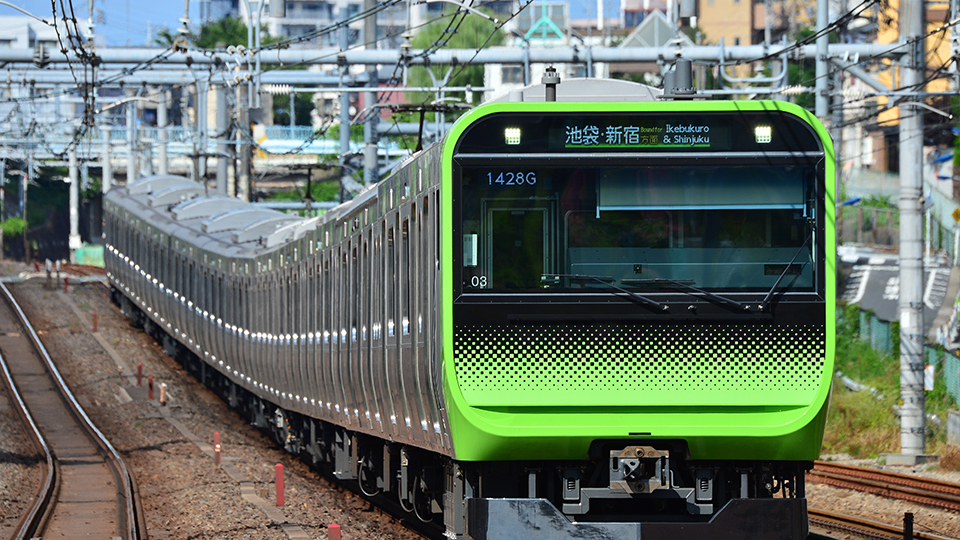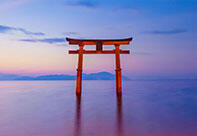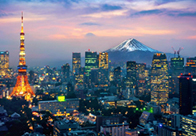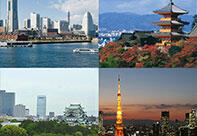Articles
2020.09.10How is Japan’s business event
industry adapting to Covid-19?
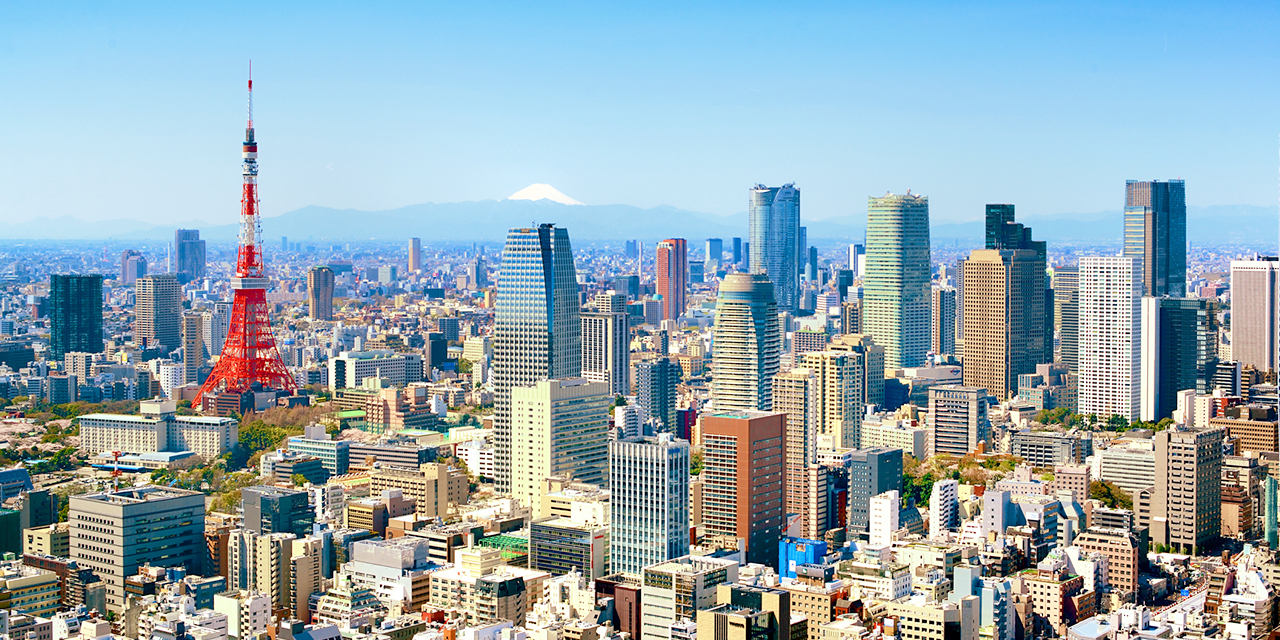
Disclaimer: All information featured in this section is accurate at the time of writing. For the latest information, please contact the organisations mentioned.
Over the past decade, Japan experienced record numbers of foreign visitors, soaring from 8.61 million in 2010 and reaching 31.88 million in 2019. With the success of major international events such as the G20 Summit in Osaka and the Rugby World Cup, plus the Tokyo 2020 Olympics and Paralympics, it appeared that Japan was on track to break its record number of visitors again.
That was until the Covid-19 pandemic transformed the world as we know it, postponing the Olympics for a year as well as disrupting international travel and the way business is conducted. As a result, businesses worldwide are adapting to the “new normal” and finding new ways to operate while adhering to Covid-19 regulations.
In response, Japan has a nationwide campaign to fight Covid-19 in accordance with directives from the central government. The focus of these Covid-19 countermeasures, meant for businesses and individuals, is on preventing or avoiding the so-called three Cs (3Cs):
- Closed spaces with poor ventilation
- Crowded spaces where many people are closely gathered
- Close contact points leading to droplet infection
According to Japan’s Ministry of Health, Labour and Welfare, extra care should be taken to prevent the “3Cs” from overlapping as this greatly increases the risk of clusters occurring.
Complementing these guidelines, industry specific information has been produced by various organisations in Japan including:
- Japan Convention Association (JCMA)
- Japan Congress & Convention Bureau (JCCB)
- Japan Exhibition Association (JEXA)
- Japan Hotel Association
- Japan Association of Travel Agents
- National Association of Community Centers
The Japan National Tourism Organization (JNTO) is disseminating these guidelines to help manage Covid-19 and restore the business event industry.
In particular, the guidelines from JCCB summarise the basic measures that should be understood when organising, promoting and running business events. By following these guidelines, business event-related organisations will be able to reduce the risk of infection and demonstrate the effort Japan is making to welcome foreign guests.
According to JNTO, these guidelines represent the unity and preparedness of Japan’s business events industry in its response to Covid-19, as well as the high value it attaches to reducing the risk posed by the pandemic.
The new measures aim to reduce the risk of infection everywhere, from transportation and accommodation to event venues and restaurants - so let’s examine some of these specific measures.
Event venue increases safety measures
Long established as one of Japan’s premier business event venues, PACIFICO Yokohama is located on the waterfront overlooking Yokohama Bay. Notably, PACIFICO Yokohama recently opened a new venue called the PACIFICO Yokohama North, featuring a gigantic 6300 sq m hall which is one of the largest multi-purpose halls in Japan.
Several of the precautions now introduced by PACIFICO Yokohama include: seating arrangements that are mindful of social distancing, disinfecting high-traffic areas, the provision of alcohol sprays at entrances, stringent precautions relating to food and beverages, as well as lending thermal imaging cameras to event organisers for events. These measures are being supplemented by new training sessions for staff and safety briefings with event organisers to ensure social distancing is maintained.
PACIFICO Yokohama has also started hosting online and hybrid events, which feature a mix of physically and virtually present participants. According to PACIFICO Yokohama, apart from it being socially-distanced, one of the benefits of holding these events is that there are no geographical restrictions so it’s possible for people to participate from anywhere in the world. One such hybrid event planned for December 2020 is the International Congress and Convention Association Asia Pacific Chapter Summit (ICCA AP Summit), which will be held at the PACIFICO Yokohama North.
Despite the current downturn, PACIFICO Yokohama is hopeful about the recovery of the events industry and its ability to withstand the pressures of the pandemic. “We think the earnestness and cooperation of the Japanese is what makes Japan’s business events industry particularly resistant,” a spokesperson said. “The government’s gradual easing of restrictions for events was a request, not a regulation, however everyone has obliged and is taking appropriate safety measures.”
PACIFICO Yokohama is planning to host a number of major international conferences scheduled in the future. The venue’s management strongly hopes that once travel restrictions have been eased, the business events industry will have recovered from the impact of Covid-19.
Event organisers offer new services
Established in 2009, The J Team is a specialist destination management company for business events in Japan and, according to company spokesperson James Kent, Covid-19 has fundamentally changed the way they do business. For instance, sales meetings have had to move to video call software and smartphone messaging apps. “The nature of our industry is that it relies heavily on human relationships, connections and sharing knowledge and skills through networks,” Kent says. “People who attend business events are naturally sociable, and somewhat crave human interaction.”
To adapt, The J Team has started publishing a digital newsletter called the “Japan Covid-19 Situation Report for Business Events” to provide a summary of the current situation, including the latest Covid-19 case numbers and explanations of related government restrictions to help clients and others navigate the situation.
The J Team has also started producing video content shot in Japan for clients who want “Japan at their fingertips” at a time when international travel is not possible. This content is then shown at virtual and hybrid events, demonstrating Japan’s vibrant culture and invigorate digital events.
Luxury not lost with ‘new normal’ for Japan’s hotels
Despite a fall in the number of guests, Japan’s hotels are not sitting idle, with many ramping up existing health and safety precautions.
Established in 1890 and located just south of the Imperial Palace, the Imperial Hotel is one of Tokyo’s best-known luxury accommodations. To help manage the risk of infection, each room is disinfected upon being vacated, and then left for at least two days until the next guest stays. Upon check-in, guests have the option to decline the usual turndown or cleaning services during their stay to minimise the risk of transmission. The hotel is also providing disinfectant wipes for each guestroom, only providing minibar drinks when ordered and always replacing cups and cutlery in the rooms even if they are unused. Regarding dining options, “to avoid the ‘3Cs’, we have reduced the number of seating, retained social distancing, and thoroughly disinfected all areas,” says an Imperial Hotel spokesperson.
Another Tokyo luxury hotel with a storied past is The Okura Tokyo, which opened multiple new banquet rooms in September 2019. According to a hotel spokesperson, in addition to implementing standard Covid-19 safety measures, the new banquet rooms can be ventilated more than three times an hour, meaning that the air is refreshed every 10 to 20 minutes. “Apart from providing hand sanitisers and taking temperatures with infrared thermometers, we have a new layout and seating arrangements at our restaurants and banquet rooms in a way that takes social distancing measures into consideration,” a spokesperson says. “We also have see-through partitions at check-in desks and for people on stage at events. Thermal cameras that can record temperatures of up to 10 people at a time can be sourced too.”
Japanese hotel chain Hoshino Resorts has announced a “declaration to deliver the highest standard of actions against coronavirus”. According to a hotel spokesperson, this focuses on: avoiding the “3Cs”, by maintaining high-standard hygiene practices, reducing congestion, setting up see-through partitions, thoroughly disinfecting facilities and the provision of hand sanitiser. In addition, guests can also check how crowded the onsen and swimming pools are in real-time using their smartphone. “With regards to the buffet that we had discontinued, we have restarted with a ‘New Normal Buffet’,” the spokesperson says. “Tables, seats, and tongs, which many people touch, are now nano-coated, each dish is covered, and we distribute masks and gloves to our guests.”
Airlines draw on traditional hospitality to battle Covid-19
For business travellers coming to Japan, their first interaction with the country’s culture is often before they set foot on the ground if they decide to travel on one of the country’s two main carriers, All Nippon Airways (ANA) or Japan Airlines (JAL). Both airlines embody the spirit of omotenashi, Japan’s famous traditional hospitality.
Both ANA and JAL have implemented similar safety and hygiene protocols based on guidelines mandated by industry organisations such as the International Air Transport Association (IATA), as well as the International Civil Aviation Organization (ICAO). These include measures such as encouraging passengers to check-in online, providing antibacterial hand wipes inside the cabin, frequent cleaning and disinfecting of aircrafts and ensuring staff and cabin crew wear face masks or face guards. To ensure social distancing, guide markers have been set up in boarding areas and a new boarding process has been implemented to reduce congestion in the aisles.
According to ANA, they will continue evaluating their “ANA Care Promise”, their safety and hygiene-related protocols and requirements, and do their utmost to support each person’s safety. According to an ANA spokesperson: “The safety and well-being of our customers and employees is of the utmost importance. We are committed to creating a comfortable and enjoyable experience with an emphasis on safety and peace of mind.”
JAL spokesperson Mark Moritomo believes Japanese hospitality is unique because it is based on “careful observation” rather than depending on manuals for what needs to be done. According to Moritomo, underlying omotenashi is a commitment to professionalism where that extra step is taken and he believes this level of professionalism is heightened due to the pandemic.
No matter which airline travellers choose, due to Covid-19, all travellers are reminded to carefully check the latest immigration entry restrictions.
Enhancing safe and comfortable train journeys
According to the standard Covid-19 safety guidelines, train line operator East Japan Railway Company (JR East) is providing hand sanitiser at busy stations and providing greater ventilation inside train carriages. Other measures include the installation of see-through partitions at ticket offices, allocating seating to maintain adequate social distancing and providing information about how busy certain train carriages are as a way to reduce crowding inside carriages and at stations.
As for the shinkansen bullet trains and conventional express trains, in which the windows cannot be opened, the air inside the carriages is replaced about every six to eight minutes using the air conditioning and ventilation systems.
The ‘new normal’ inspiring creative business events
Despite the disruption to Japan’s business events industry, the “new normal” has forced stakeholders to adopt new practices to reduce the risk from Covid-19 and maintain business operations.
JNTO, for its part, is taking its Meet Japan educational program online in January 2021. This virtual program for event professionals will consist of an educational seminar, an “online familiarisation trip”, and an online “Japan Convention Trade Mart”, which will give hosted buyers the opportunity to meet with potential partners from other cities. “This fiscal year, many of the prospective buyers may not be able to physically visit convention cities and venues on the study tour because of Covid-19,” a spokesperson says. “Therefore, we decided to help you prepare for your business recovery by offering our special ‘ONLINE Meet Japan, Edu. Fam’ for the first time.” Spaces to participate are still available and interested parties can register here.
Foreign visitors to Japan are often quick to notice the dedication people in Japan’s service industry give to their work. At the heart of this dedication is omotenashi, or traditional Japanese hospitality, based on resolute professionalism and foresight into customers’ needs. Now during Covid-19, many Japanese companies are returning to these core values to ensure Japan will remain a country that welcomes foreign visitors not only with a unique cultural experience, but also one that makes the health and safety of guests a top priority.
This article was produced by BBC StoryWorks, the BBC’s global commercial content division, on behalf of JNTO

